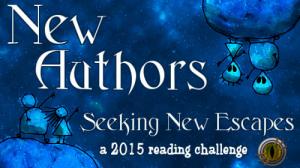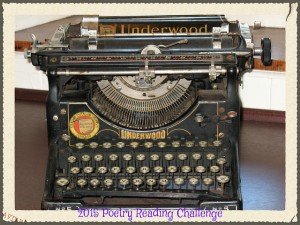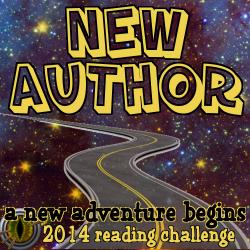
Paperback, 104 pgs.
I am an Amazon Affiliate
Flare Corona by Jeannine Hall Gailey explores the emotional and physical turbulence of unexpected diagnoses through a hopeful and apocalyptic lens. Gailey returns to some previous subjects, including her coming of age near the Oak Ridge National Laboratory and its nuclear energy work, as well as its impact on her health. In this more personal collection, the poems explore shifting emotions and coping strategies.
“I was still innocent. Irradiated./To blast with radiation — to sterilize/food, medical equipment, a person./I was waiting for a message from the sky.//” (“Irradiate” pg. 11) What messages do we all hope for? Messages of hope amid darkness.
Gailey juxtaposes the glow of radiation with the dulled reputation of America and the significant changes to her own abilities to walk, think, write. “In my bones, organs, skin, I’ve been storing/all of America’s dark secrets//” (“Self-Portrait as Radioactive Girl,” pg. 19) She also reminds us of mortality in “Lights Out” where “Time keeps getting away from us.” (pg. 22). She asks us “can you sympathize” as the world struggles with virus-related lockdowns, hatred, and so many more darknesses, and it is a fair question. So much is unraveling outside of the diagnosis and the end of the world seems to be coming faster and faster — hurricanes, wildfires, deadly viruses — everything seems personal. However, Gailey reminds us, “Chaos theory makes beauty of a mess./When I was little I looked more like you.” (pg. 51)
Tumultuous, emotional journey through ups and downs of medical mysteries, diagnoses and misdiagnoses, but Flare Corona by Jeannine Hall Gailey is about our own apocalypses and how we deal with the fallout. “Don’t remember me like this, grim-faced, after all the bad decisions./Don’t remember the war. Just remember the sweetness,//how it was once. Leave me covered in cliches and lilacs.//” (“When I Said Goodbye,” pg. 85).
RATING: Cinquain
Other Reviews:
- Becoming the Villainess
- Unexplained Fevers
- The Robot Scientist’s Daughter
- Field Guide to the End of the World
- PR for Poets

Jeannine Hall Gailey is a writer with MS who served as the second Poet Laureate of Redmond, Washington and is the author of Becoming the Villainess, She Returns to the Floating World, Unexplained Fevers, The Robot Scientist’s Daughter, winner of the Moon City Press Book Prize, Field Guide to the End of the World, and the upcoming Flare, Corona from BOA Editions. Her work has been featured on NPR’s The Writer’s Almanac, Verse Daily and The Year’s Best Fantasy and Horror. Her poems have appeared in The American Poetry Review, Poetry, and Ploughshares.





 About the Poet:
About the Poet:






